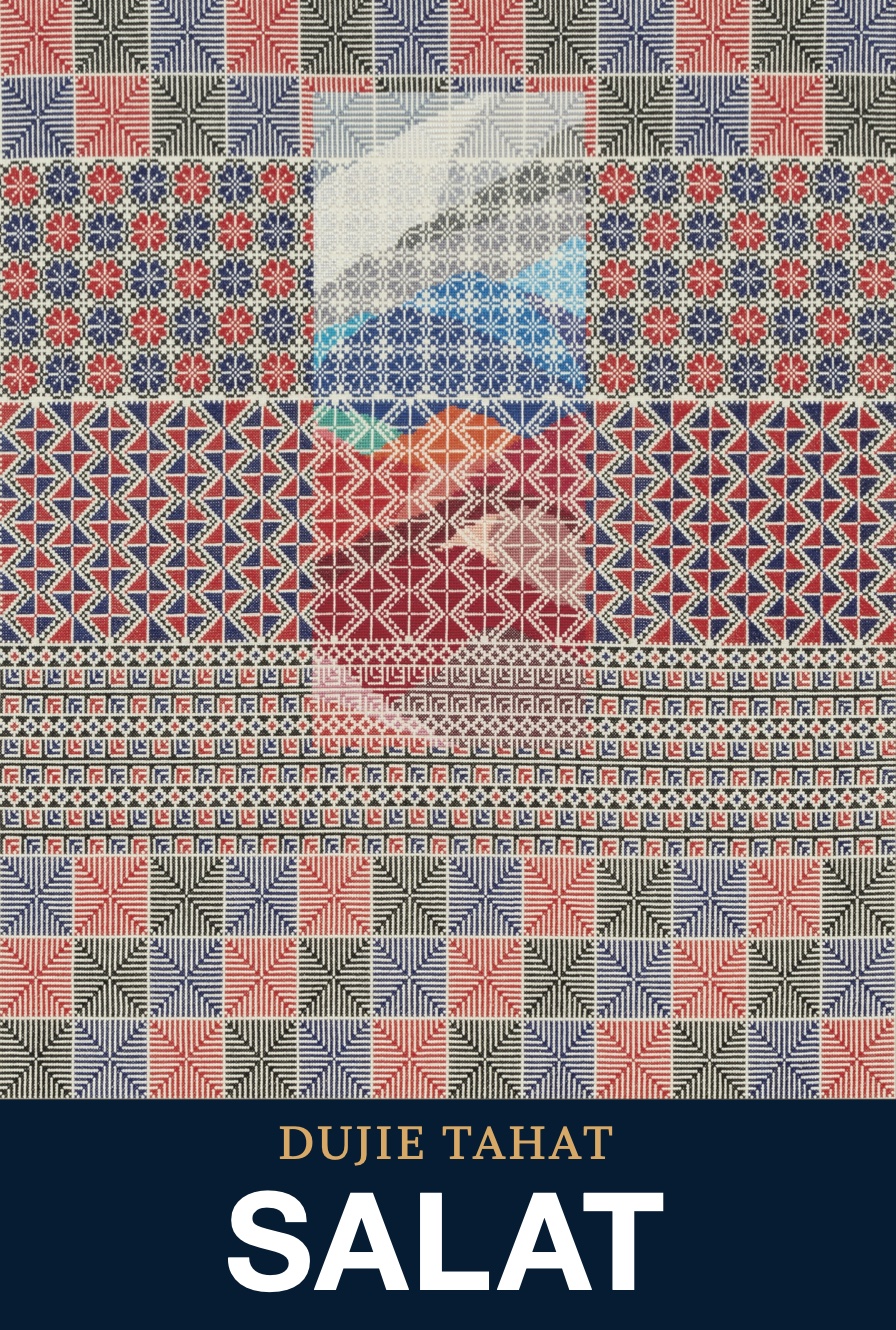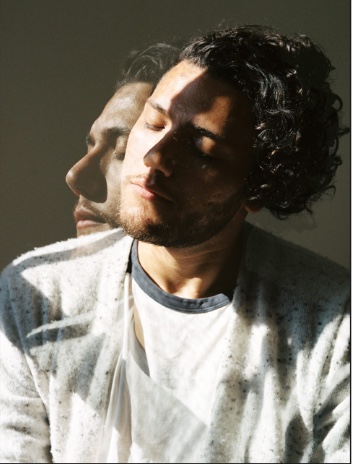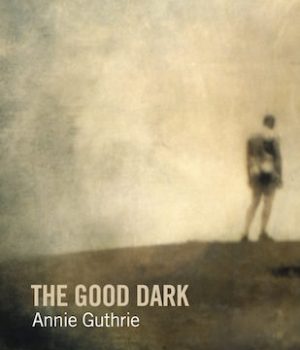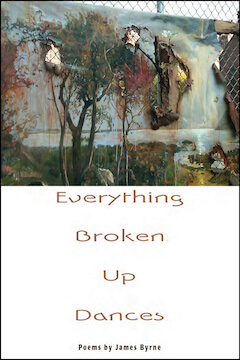Salat
by Dujie Tahat
$13.95
‘Dujie Tahat’s Salat is a book of poems written in a compelling new form of the poet’s own invention that participate, fully — they praise, weep, spit, beg, laugh, choke, sing. In this murderous age it is increasingly unconscionable to be inert, in one’s living or in one’s art. Tahat tells us: “There’s a river in heaven, and I am the star that belongs to it.” Salat is boisterously, resoundingly alive.’
— Kaveh Akbar
Format: Paperback
Published: November 2020
Out of stock
Dujie Tahat writes, “There are metaphors and then there are metaphors.” Salat bestrides the space between poem and prayer, between the ideal of this country and what is truly measured out daily. I would call it a survival guide in verse, except these poems contain the same energy and power as the tree that splits the rock.
— Cornelius Eady, Judge of the Sunken Garden Chapbook Award
Dujie Tahat’s Salat is a book of poems written in a compelling new form of the poet’s own invention that participate, fully — they praise, weep, spit, beg, laugh, choke, sing. In this murderous age it is increasingly unconscionable to be inert, in one’s living or in one’s art. Tahat tells us: “There’s a river in heaven, and I am the star that belongs to it.” Salat is boisterously, resoundingly alive.
— Kaveh Akbar
Borrowing their structure from Muslim prayer…these poems remind the reader that poetry is a kind of prayer, that any prayer is a kind of searching. Tahat writes, “When I say I mean / I mean Ameen.” Ameen indeed to this moving collection that contemplates what it means to belong and be other, to be child and father, to be human and holy, to mourn and praise.
— Zeina Hashem Beck
What I love most about prayer are the small movements within assigned rituals, and the ways people make those movements their own. And so, I am thankful for Salat, these poems that add language and beauty to those movements. That add history, image, and narrative flair. Dujie Tahat weaves all of these things together like a song, summoning people to a holy space.
— Hanif Abdurraqib
In the Islamic tradition, Salat is the second pillar of the faith and the structure that frames the believers’ days. The poems in Salat summon the bodies nesting inside the body, father and child, elder and self, immigrant and citizen. “Attend to this, o friend, this song, / this burial, this holy water be praised /stretching farther into the collapsing / distance than we ever could / have imagined.” Through the motions of a most intimate daily practice, Tahat’s poems call us back in to ourselves and the hearts of those who survive in us.
— Lena Khalaf Tuffaha, author of Water & Salt
Additional information
| Weight | 0.25 lbs |
|---|---|
| Dimensions | 0.125 × 6 × 9 in |






